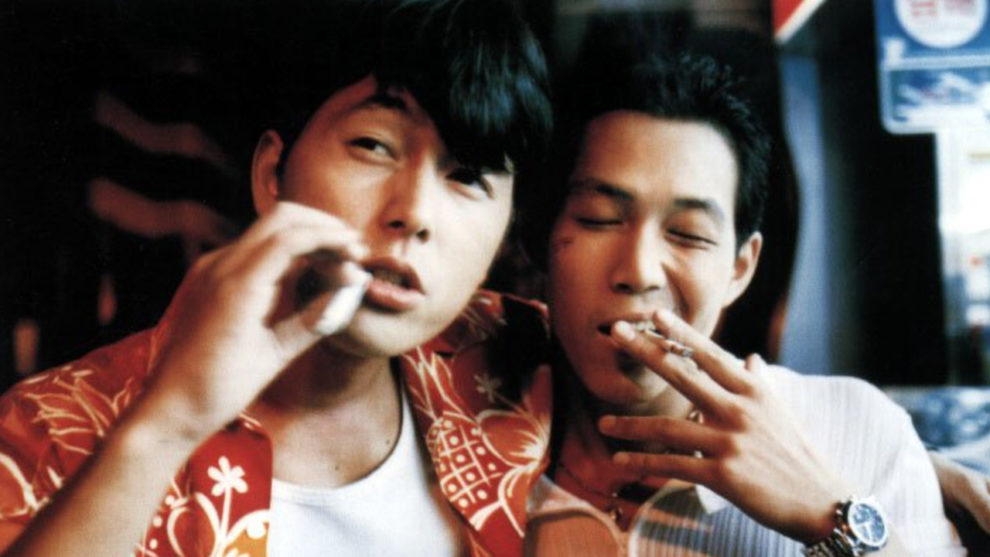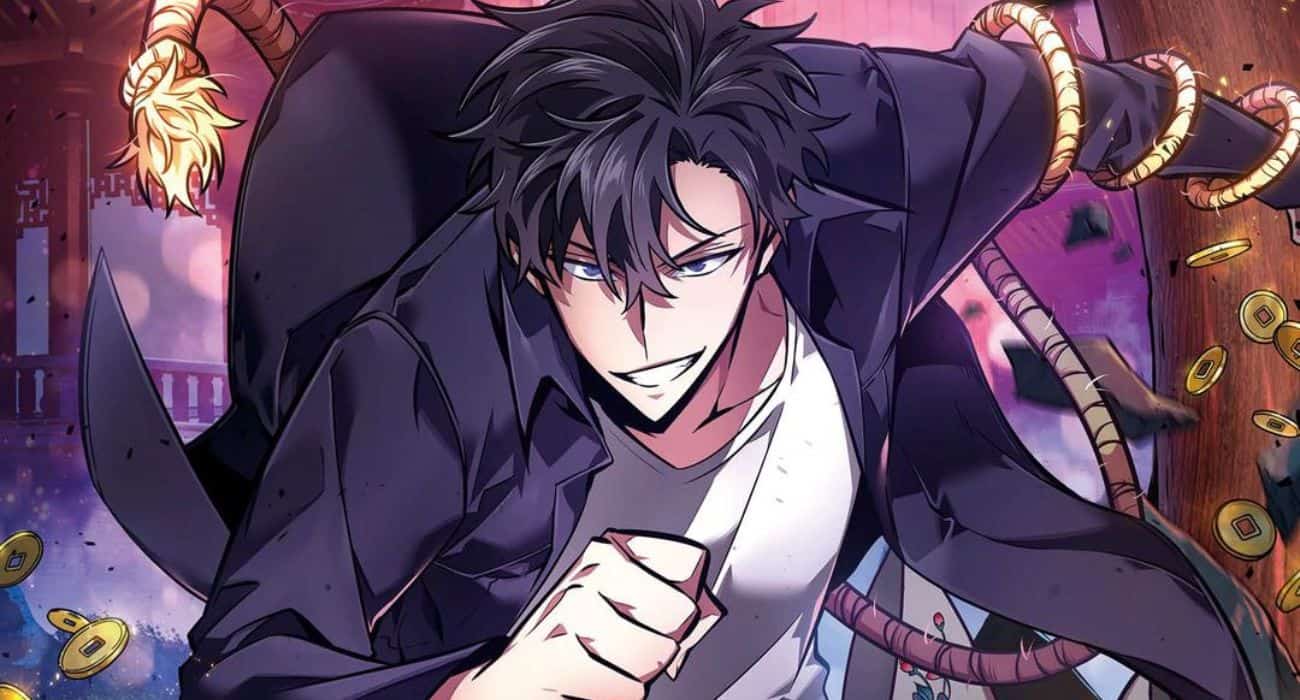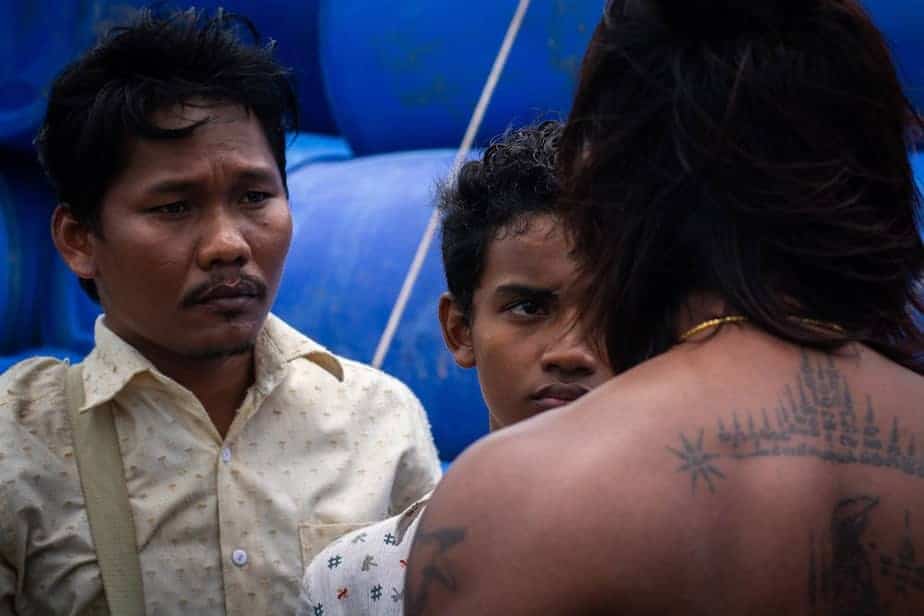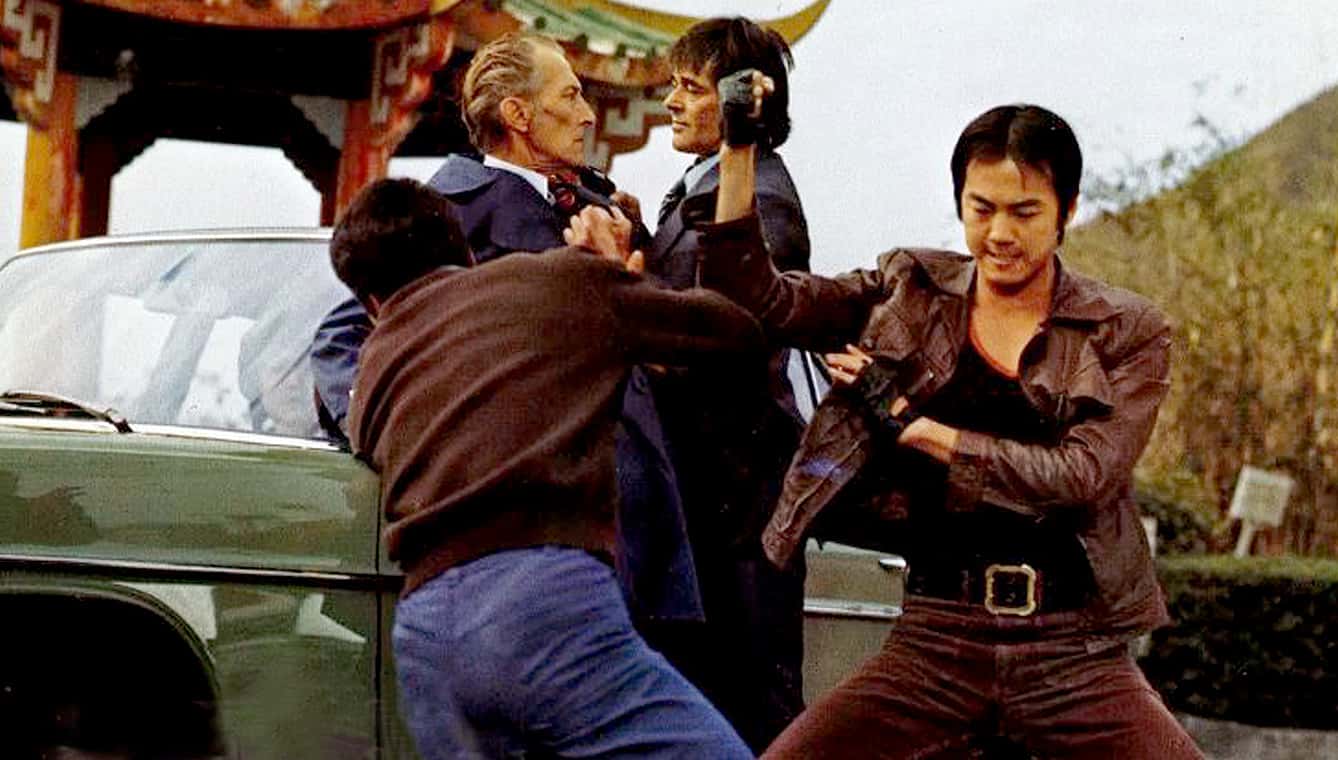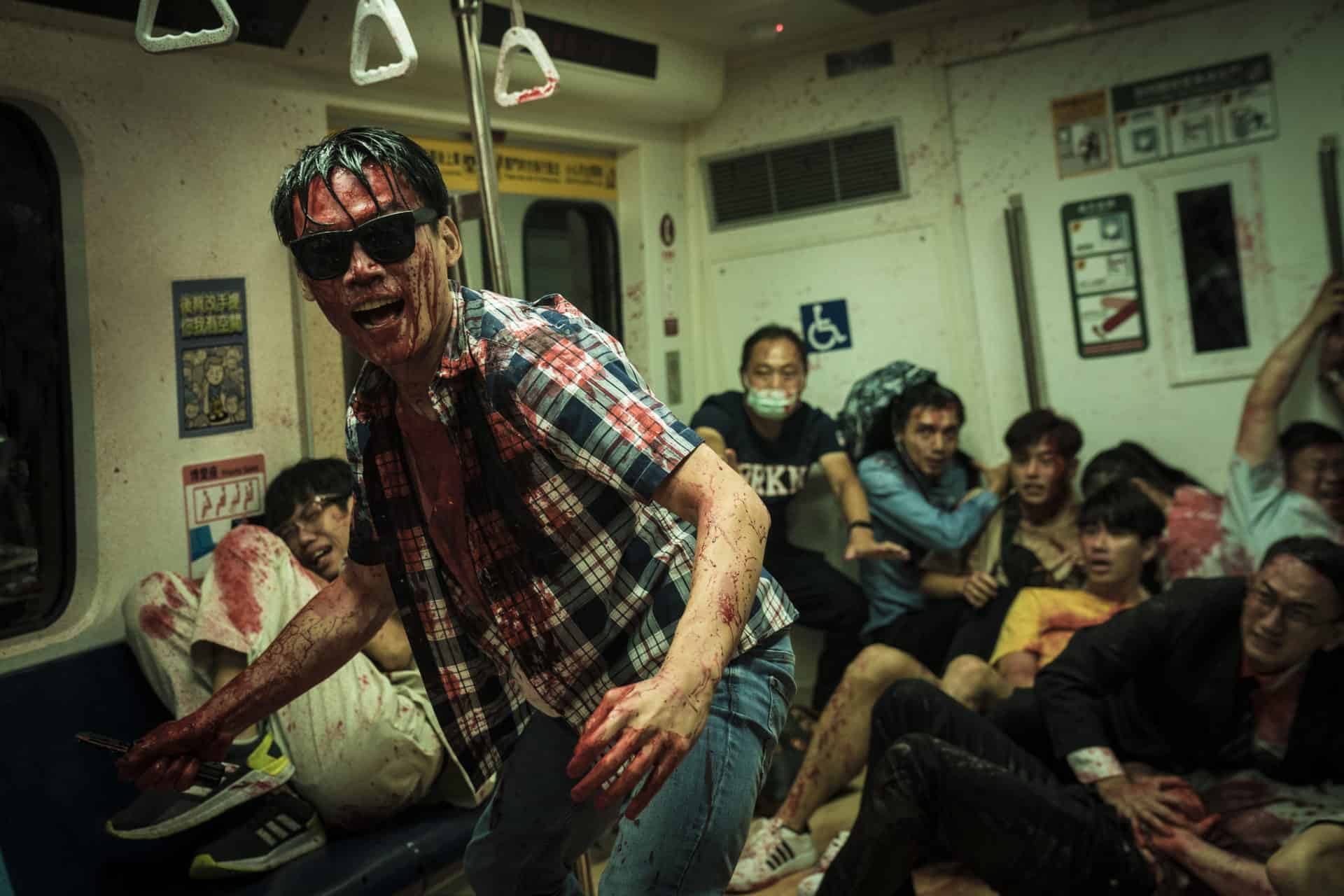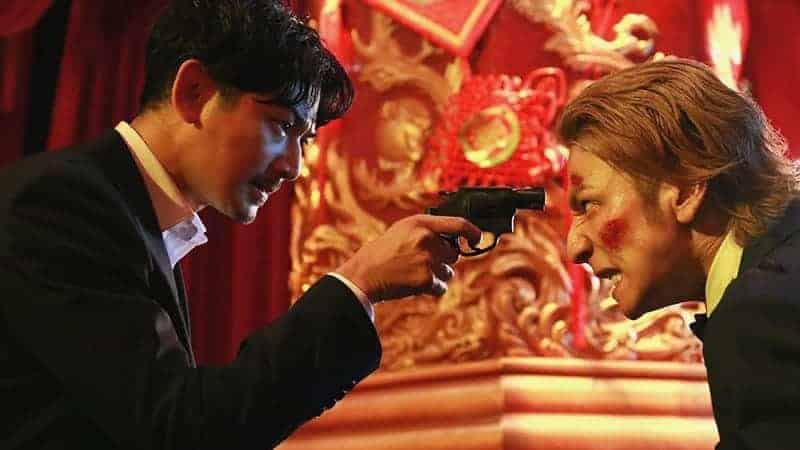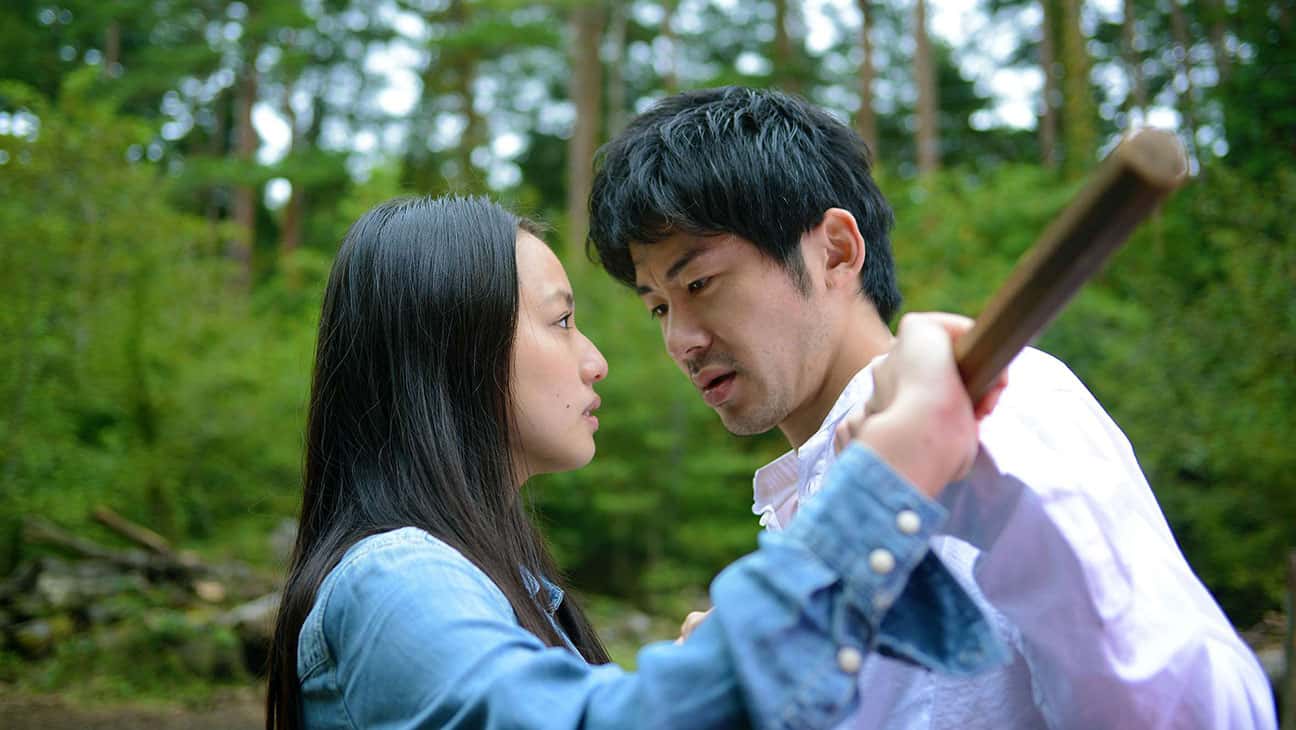Merely a year after seeing success with “Beat”, director Kim Sung-soo would once again team up with his star from that production, Jung Woo-sung, for yet another tale of friendship and neglected youth in “City of the Rising Sun”. Only this time, Jung would also bring along for the ride his real-life best friend Lee Jung-jae, who had seen moderate success the previous year with “An Affair” for a star-making and award-winning turn.
“City of the Rising Sun” is screening at Florence Korea Film Festival
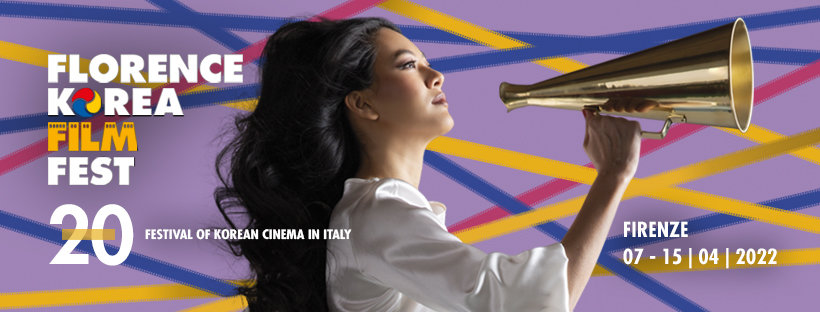
The real-life best friends play reel-life friends too. Do-chul, played by Jung Woo-sung, is a boxer who has the skill and passion for the sport but isn't really cut out for the game, winning nothing but cuts, bruises and concussions. Lee Jung-jae's Hong-gi, meanwhile, is a low-level gangster working as a debt collector for a loan shark who places money above all else. Hong-gi manages to get Do-chul a job with his boss. Do-chul wants to succeed in boxing but doesn't want to resort to any means necessary. Hong-gi on the other hand is a materialistic person who loves money, going to the extent of conning girls to get it, but doesn't respect it and is neck-deep in debt, gambling away every Won almost as soon as he earns it. The two friends love each other like brothers but their different philosophies and outlook at life often brings them to loggerheads.
Kim Sung-soo, once again after “Beat”, takes the opportunity to be the voice of the lost generation of Korea of the late 90s, which was still reeling in the aftermath of the Asian Financial Crisis in '97. The youth of the country is represented here not just by the two central male leads but also by Mimi, a mutual friend that Hong-gi falls for. The story arcs of all three characters contemplates the extent of one's ambitions and the cost one has to pay to succeed and fulfill those ambitions. Through this, there's also brief commentary on the negative impacts of capitalism on a generation just looking to find its footing in the world. Think of a 90s set “Chilsu and Mansu”, only more nihilistic, and it gives a brief idea of what to expect with the narrative.

Like with “Beat”, the female in “City of the Rising Sun” also doesn't get the same respect as her male counterparts at the writing level. If Romy, the lead's girlfriend, was underwritten in the 1997 film, here Mimi suffers worse. There was sufficient scope to develop the character further but that never comes to pass, leaving her as a token presence that wouldn't be missed if written out of the story. On the flip side, the two male leads are etched out very richly, making Mimi's poor development not too major an issue.
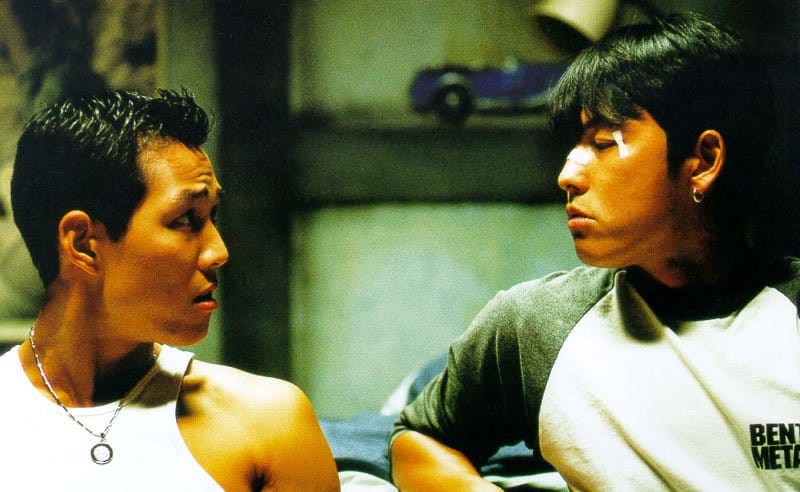
It is no secret that both Jung Woo-sung and Lee Jung-jae have charm to spare and it is on full display here too in their young selves. There's ample opportunity for both to sharpen their dramatic abilities as well but it is when their swagger is on display that their roles shine. The relocation of their real-world friendship onto the big screen results in terrific chemistry between the two, both playing off each other well, even when angry with their respective on-screen friends. Every other role in the feature, including that of Han Go-eun's Mimi, plays second fiddle to theirs, keeping both these charismatic and incredibly handsome young actors front and centre of the narrative.
Equally stylish and good-looking is Kim Hyung-koo's cinematography. The DOP, best known for works like Bong Joon-ho's “Memories of Murder” and “The Host” alongside Hong Sang-soo's monochromatic “Hotel by the River”, “Grass” and more of the auteur's colourful features, applies a number of interesting techniques, including but not limited to low frame rates, sweeping handheld camera work and freeze frames, make for an interesting and (for its time) radical cinematography. Equally eclectic are the music choices, with everything from garage rock, doo-wops, twist and pop thrown in for good measure, with fine use of the song Love Potion No. 9 at opportune moments.
Despite being twenty-three years old, “City of the Rising Sun” has lost none of its charm and importance and will always be an essential watch from the early days of the Korean New Wave. It still remains the only film Jung Woo-sung and Lee Jung-jae have acted in together, making the fact that the two friends, who acted in a feature about two friends wanting to make money together, going on to establishing a successful production company of their own and equally successful individual careers in real-life almost too poetic.


